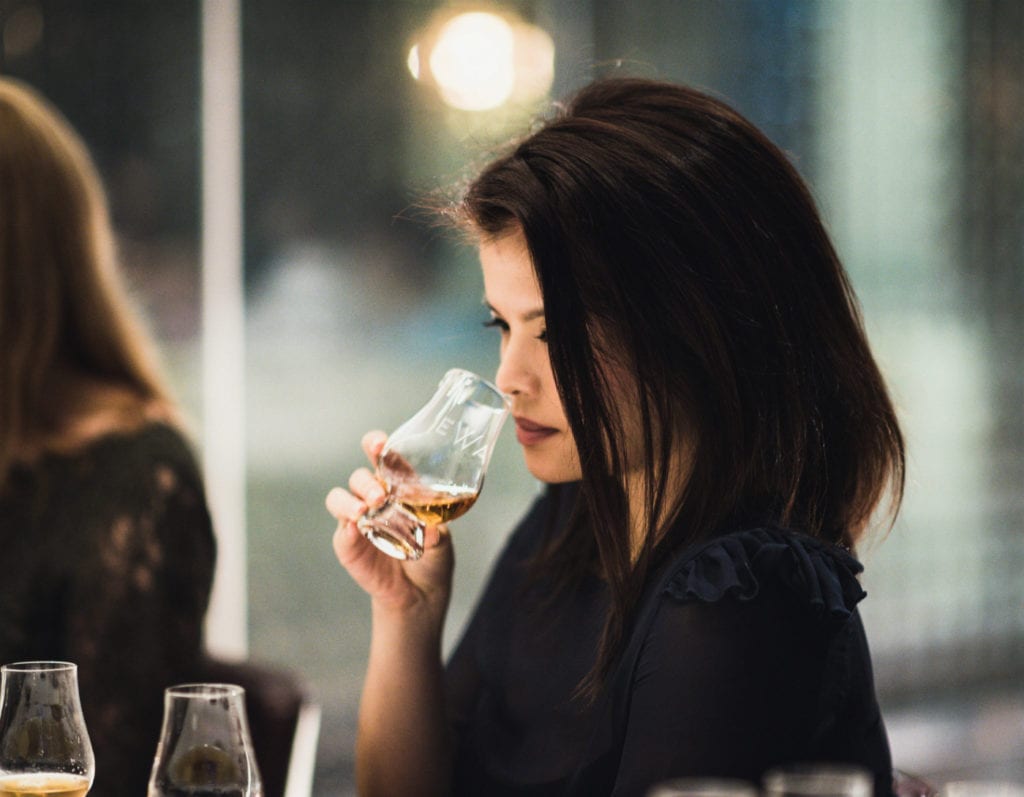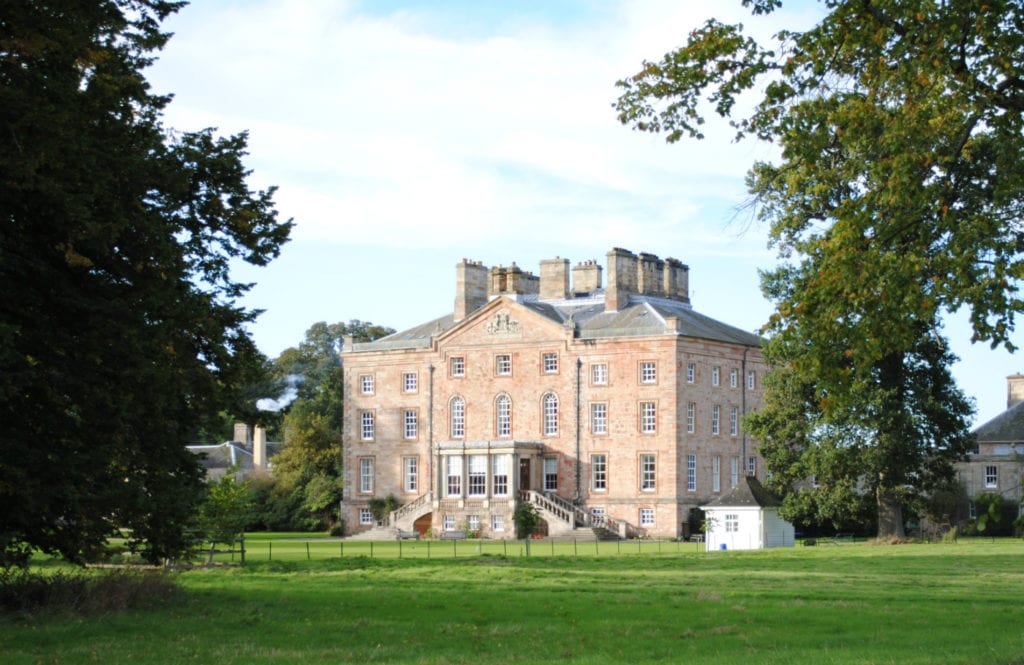I’m about to do something I haven’t done for a good few years and I’m feeling oddly nervous.
I’m sitting an exam, you see, and despite the fact it’s about a subject I’ve spent the past four years writing about (and not to mention had nearly a decade of practice in) I’m worried about failing.
Even though my already substantial knowledge of whisky has been supplemented with two days of expert tutelage under the watchful eyes of respected whisky expert Vic Cameron, I’m still left with a feeling of anxiousness that won’t pass. That perhaps I won’t pass.
As soon as I sat down to look over the question paper, the weight was quickly lifted from my shoulders as I realised that Vic’s teaching was bulletproof and that the Whisky Diploma Course I had enrolled in was as thorough as you’d expect Scottish Qualifications Authority-accredited schooling to be.
As a whisky writer, I’m well aware of the truism that in this industry you never truly stop learning, and it’s something that Edinburgh Whisky Academy founder and managing director Kirsty McKerrow also understood, and, having spotted the gap in the market for a true educational course on the subject, she decided to set up the academy.
Kirsty has whisky production rooted in her family history – her forefathers started Mackinlay’s, the family blended whisky, in the early 1800s.
She said: “Until now, there was no recognised independent qualification at a vocational level in the whisky industry.
"Of great importance is that the knowledge gained is totally impartial and neutral from any distillery or brand.
"The diplomas will be welcomed by whisky industry workers, hospitality staff and spirits retailers and also by whisky enthusiasts keen to expand their knowledge”
Launching the course in 2015, following a career as Nordic Brand Ambassador for Möet Hennessy’s whiskies, Glenmorangie and Ardbeg, based in Sweden, Kirsty enrolled industry veteran Vic to oversee the teaching of the two-day course and employed several noted whisky experts to put together the learning outcomes that would go on to form the main course material.

Picture: EWA
Featuring a hands-on syllabus that covers every aspect of the production of the spirit that goes on to become Scotland’s national drink; the areas of tasting, malting, distilling and maturation are all explored.
A visit to local distillery Glenkinchie on day two is also included, where, after two days of study, it’s Vic’s turn to ask the questions in an entertaining form of revision where the theory meets the practical.
With the course taking place in Arniston House, a picturesque country mansion in Gorebridge, Kirsty and the team were on hand to pick up my fellow students for the two days, provide them with their handy course notebook (which itself felt like it weighed more than a case of whisky) and offer sustenance.

Picture: EWA
Both days are packed with information on things that even the most stringent of whisky nerds more than likely doesn’t know, such as the ideal temperature for mashing, the various pests that are a threat to malting and even the chemistry behind the fermentation process.
It’s fascinating and at times, enthralling, to be learning about something so enjoyable, and thankfully it doesn’t treat beginners with kid gloves or the connoisseurs with too much respect – everyone is there to learn and Vic is as thorough about some of the more mundane aspects of the processes as he is with the fun parts like nosing and tasting.
The course itself actually benefits from this more rounded approach as students are given insight into the different stages that are perhaps considered to be “less sexy” than their counterparts like malting and milling, as well as a better understanding of how each stage directly affects the final flavour.
In the end, I needn’t have worried. The excellent course itself had furnished me with more than enough information to pass, and I did with flying colours.
However, my lowest score was in the sensory section. Perhaps I need some more practice. Pass me that whisky.
